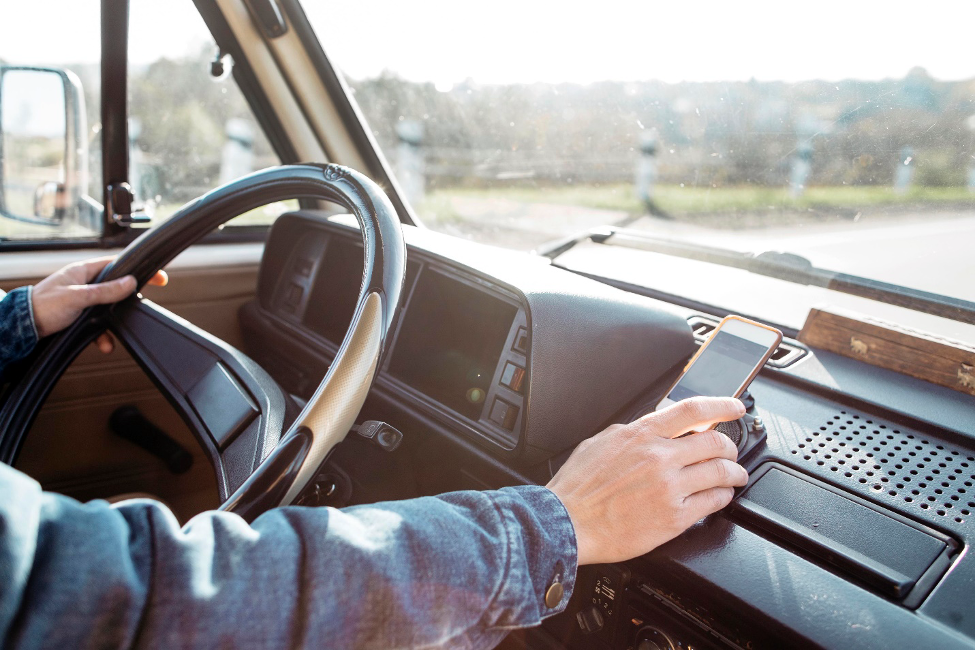According to an analysis by the National Safety Council (NSC), in 2022, large trucks (including dump trucks) were involved in over 5,000 fatal crashes in the United States. Accidents involving dump trucks can result in severe injuries, costly property damage, and complex legal cases. To navigate the legal complexities, it’s important to hire a local dump truck accident lawyer.
Truck accident lawyers play a crucial role in navigating the complexities of truck accident cases, especially when it comes to gathering and presenting evidence. With the right evidence, you can build a strong case, ensuring that fault is properly assigned and justice is served.
In this post, we will discuss the key types of evidence needed for a successful dump truck accident case.
Police Report
The first and most critical piece of evidence in a dump truck accident case is the police report. When an accident occurs, law enforcement officers typically arrive at the scene to investigate. They will document the accident details, including the time, date, location, and parties involved.
The police report will also contain witness statements, preliminary conclusions about fault, and any traffic violations that may have contributed to the crash. This report serves as an official record and is often relied upon by insurance companies and courts during settlement or litigation.
Photographic Evidence
Photographic evidence is crucial in building a strong dump truck accident case. Photographs help recreate the scene of the accident and can reveal critical details that might not be included in a written report. Photographic evidence can help establish fault and clarify the events that led to the crash. This form of evidence includes pictures of:
- The position of the vehicles
- Road signs and traffic signals
- Skid marks or debris on the road
- Weather and road conditions at the time of the accident
- Injuries sustained by the victims
Dashcam or Surveillance Footage

In today’s digital age, many dump trucks and personal vehicles are equipped with dashcams. Additionally, traffic cameras or nearby businesses may have surveillance footage capturing the accident. Video evidence is highly valuable because it provides an unaltered record of the incident in real-time. It can show how the accident occurred, the speed of the vehicles, and any violations committed by the drivers.
Witness Statements
Eyewitnesses to a dump truck accident can provide important insights into what happened. These individuals may have seen events leading up to the crash, such as reckless driving, speeding, or traffic violations. Witness statements can be particularly helpful if there are discrepancies between the accounts of the drivers involved.
Driver Logs and Trucking Company Records
Dump truck drivers are required to keep detailed records, including driver’s profile, history, logs and vehicle maintenance records. These records help prove if negligence on the part of the driver or trucking company played a role in the accident.
Expert Testimony
In some dump truck accident cases, expert testimony may be necessary to strengthen your claim. Experts provide professional opinions based on facts, which can help clarify technical or complex details that a judge or jury may not understand.
Medical Records
Medical records are essential in proving the extent of injuries sustained in a dump truck accident. These records can show the connection between the accident and the injuries, helping you obtain compensation for medical expenses, pain and suffering, and lost wages. Pieces of information to include in a medical record are:
- Hospital bills
- Emergency room records
- Prescription medications
- Physical therapy or rehabilitation treatments
- Any surgeries, X-rays, or long-term medical care required
Vehicle Damage Reports
The extent of damage to the vehicles involved in the accident can provide important clues about how the crash occurred and the severity of the impact. Having an official damage assessment from a mechanic or auto body shop can help support your claim for property damage and provide additional context for the overall accident.
Lynn Martelli is an editor at Readability. She received her MFA in Creative Writing from Antioch University and has worked as an editor for over 10 years. Lynn has edited a wide variety of books, including fiction, non-fiction, memoirs, and more. In her free time, Lynn enjoys reading, writing, and spending time with her family and friends.















